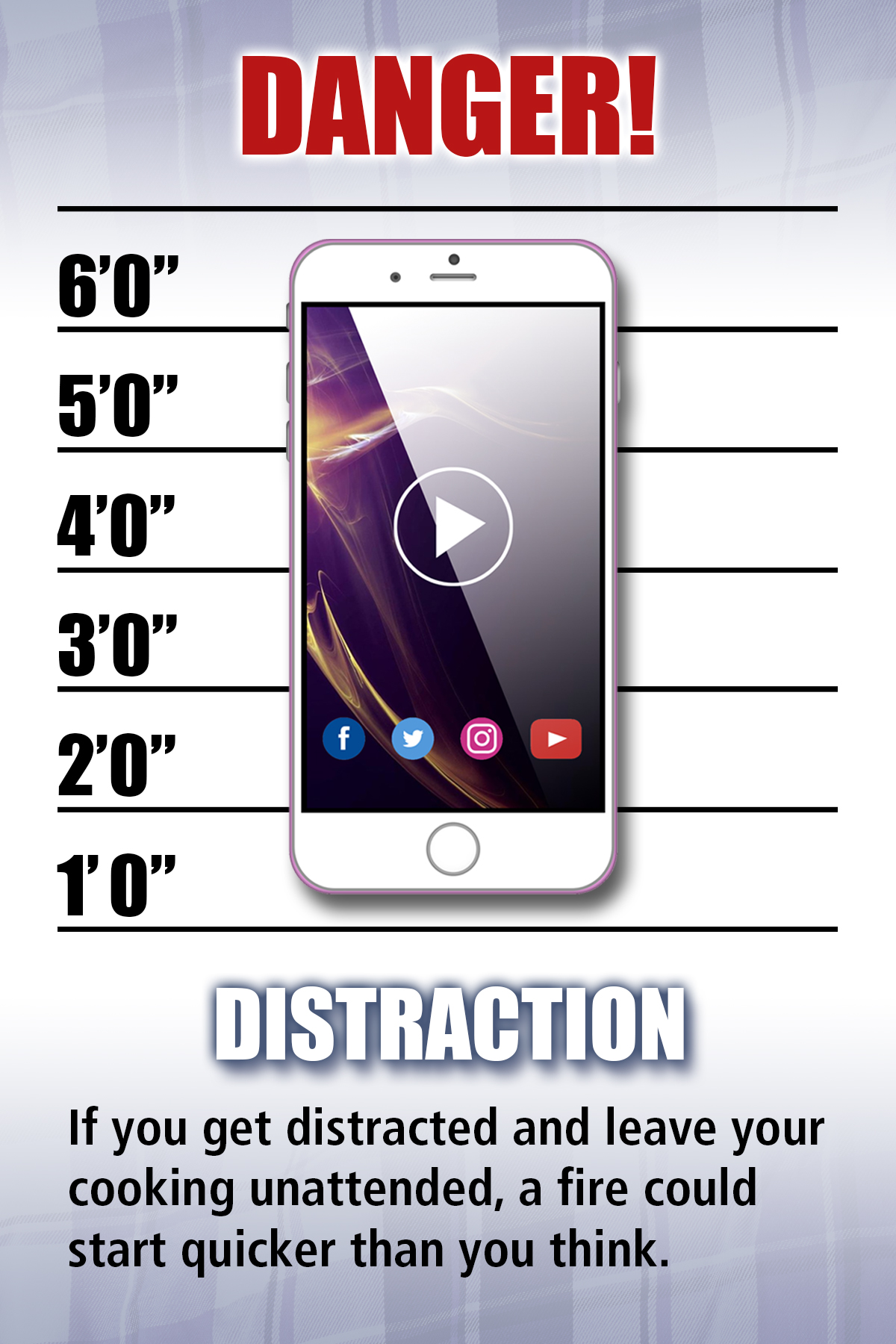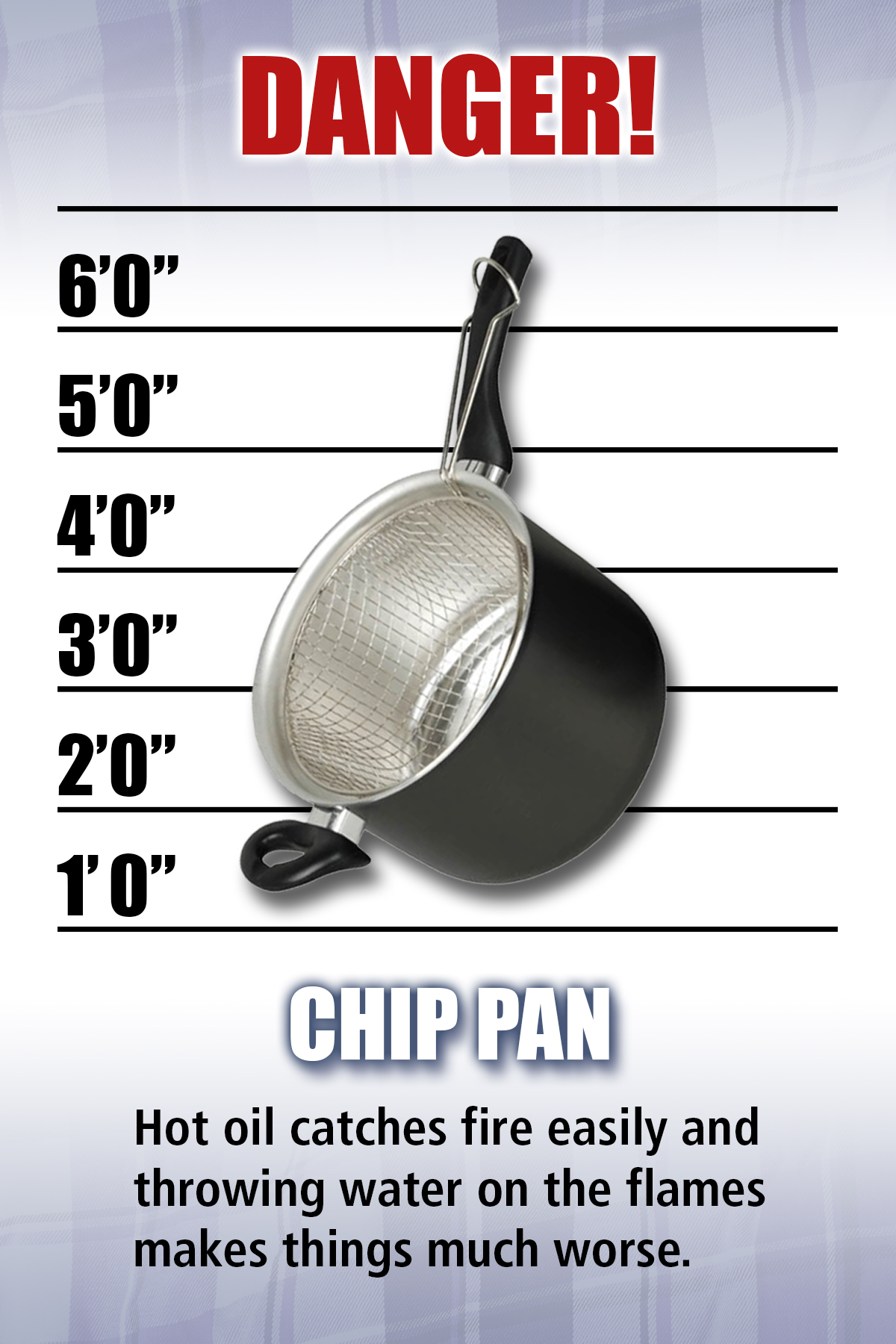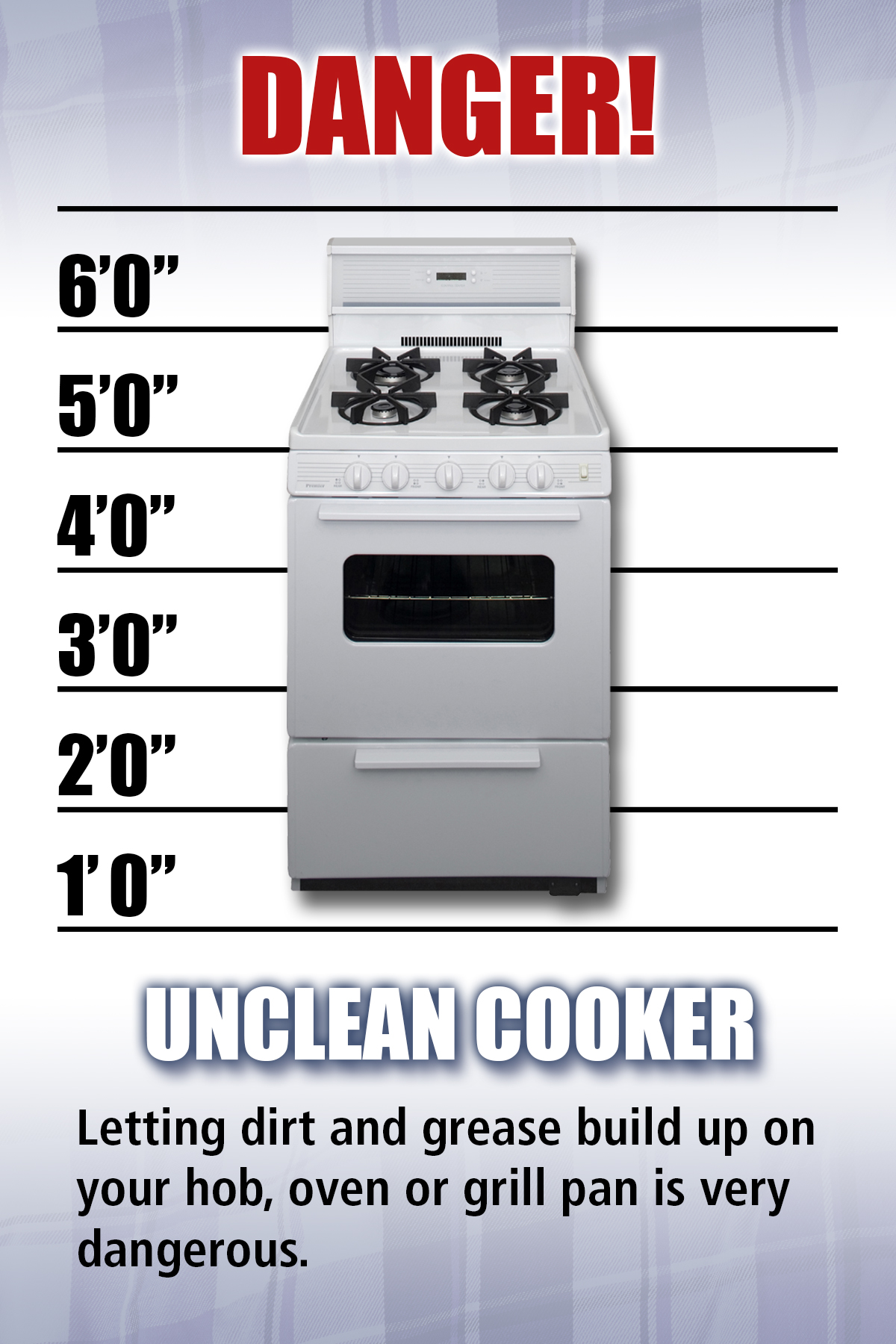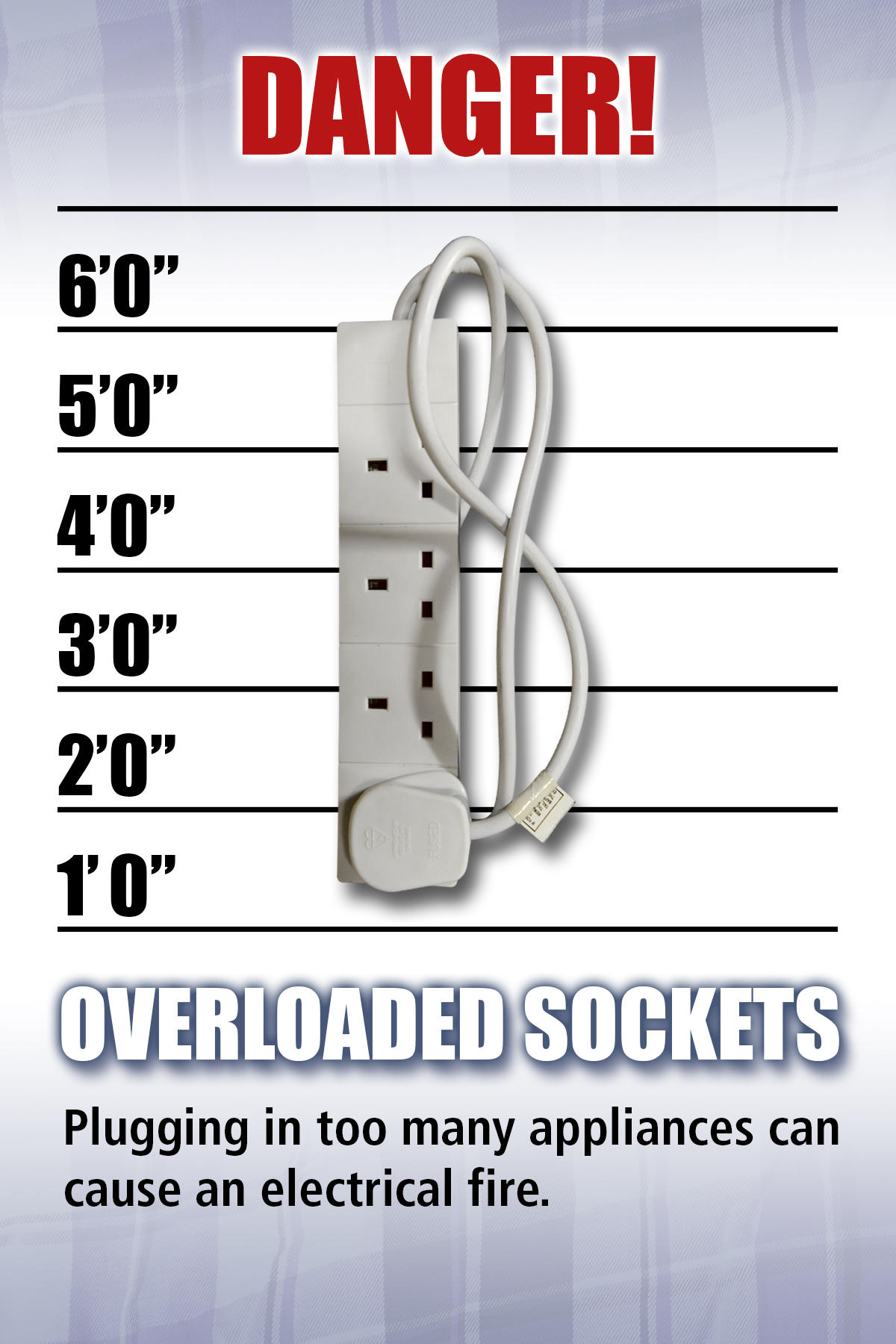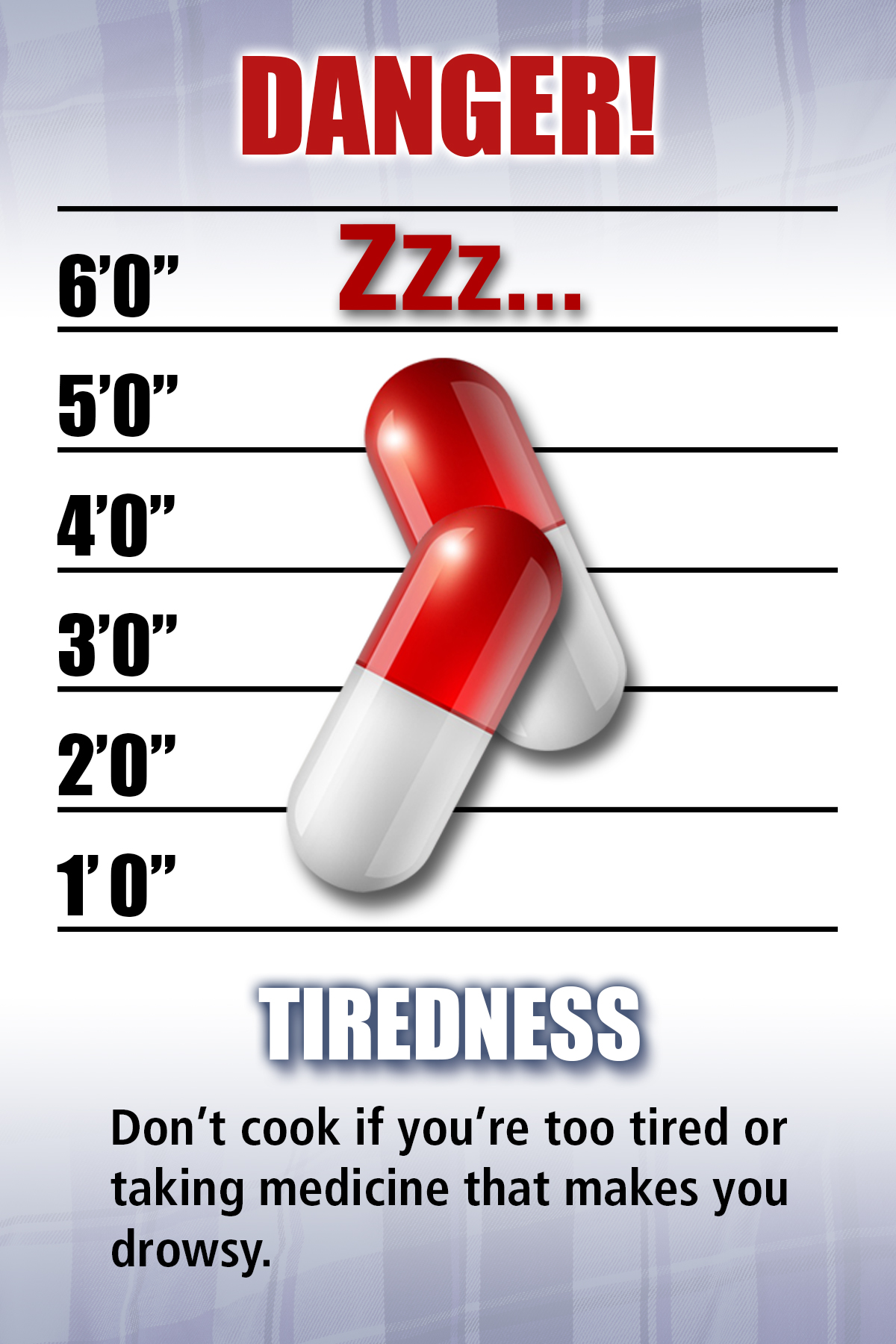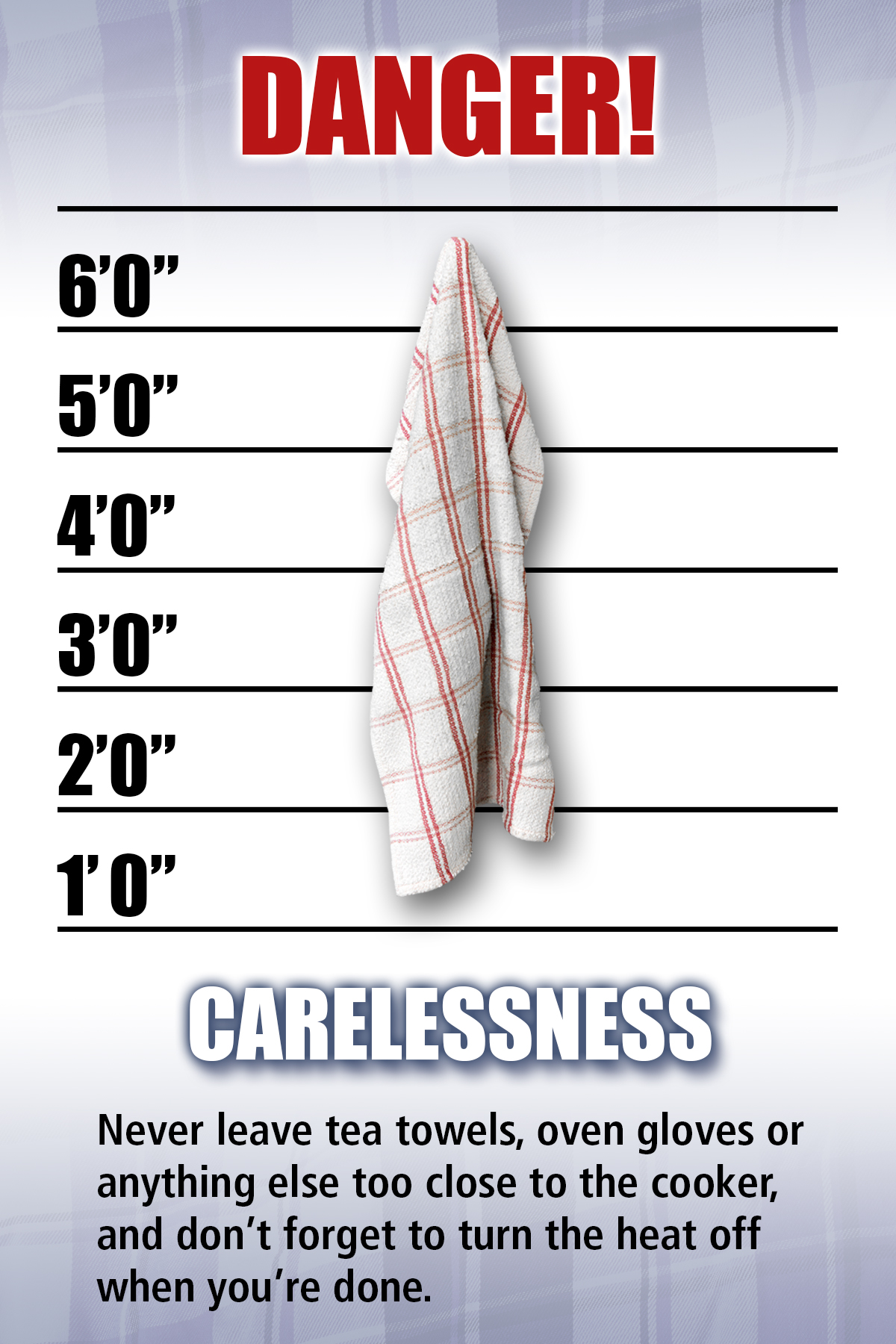news
Tyne and Wear residents warned of kitchen dangers
At least 91 people were injured in kitchen fires in our region over the last year*, with cooking appliances known to have caused 82 of the incidents.
Tyne and Wear Fire and Rescue Service (TWFRS) is urging people to cook safely with a new campaign that launches today. The campaign aims to raise awareness of “the usual suspects” for causing kitchen fires, including chip pans, distraction and carelessness.
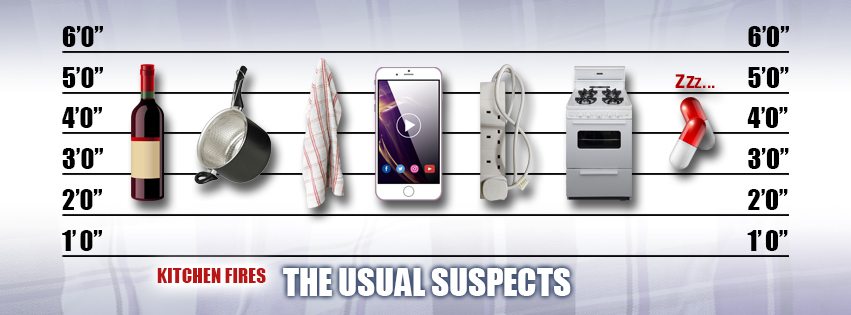
Karen Soady, Station Manager for Prevention and Education explained: “The kitchen still proves to be the most dangerous room in the house for accidental fires. We recorded nearly 300 kitchen fires during 2018/19, and that number doesn’t include smaller incidents where residents have put the fire out themselves rather than calling us.
The majority of these fires were entirely preventable, with most of them being caused by people getting distracted or being careless whilst cooking. Chip pans continue to be a problem and these types of fire can have the most devastating consequences.
We’ll be using our social media channels to share safety advice for homes and businesses, as well as kitchen fire case studies. We hope that this campaign will make people think twice about staying safe while cooking and understand what they need to do if a fire does start.”
The campaign’s main messages are:
- Never leave cooking unattended.
- If you’re cooking with hot oil, don’t fill your pan more than one third full. If a fire does start at home, don’t throw water on it. Instead, get out, stay out and call 999.
- Don’t cook if you’ve had too much to drink or you’re taking medication that makes you drowsy.
- Never leave tea towels, oven gloves or other flammable items too close to the heat.
- Check that cookers are turned off when you’re not using them.
- Test your smoke alarms regularly.
Next week, TWFRS Prevention and Education teams will be visiting shopping centres across Tyne and Wear to hand out a “recipe for disaster” – top tips on what not to do in the kitchen. Look out for them in your area.
*Incident data from 01/04/2018 to 31/03/2019.
